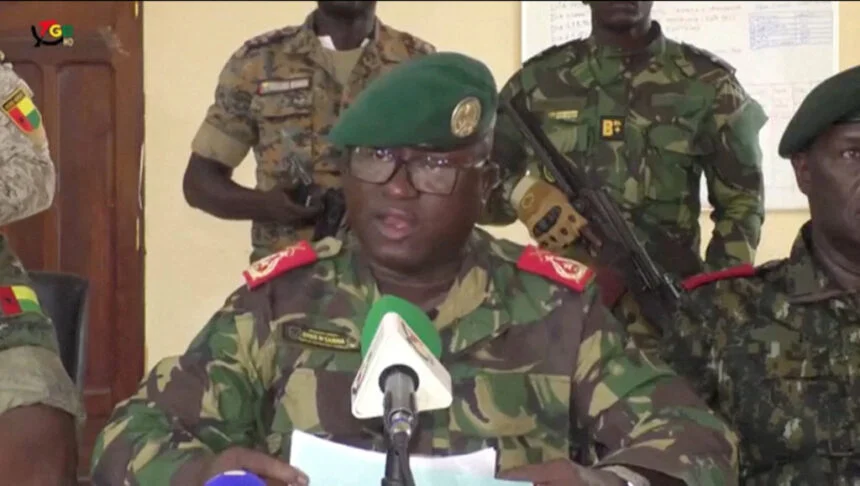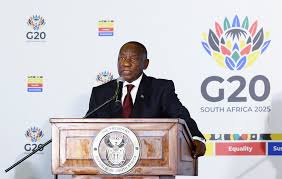Tanzania’s main opposition leader, Tundu Lissu, has gone on trial for treason, just weeks before the country holds a general election that his party has been barred from contesting.
Lissu, who came second in the 2020 presidential election, was arrested in April after prosecutors accused him of calling for public rebellion and urging citizens to disrupt this month’s vote.
The 57-year-old lawyer and politician, who leads the CHADEMA party, has denied wrongdoing. His legal team says the case is politically motivated and aimed at silencing government critics ahead of the October 28 polls.
The National Electoral Commission in April disqualified CHADEMA from participating in the election, citing the party’s failure to sign a code of conduct document. The decision effectively removed the country’s largest opposition movement from the ballot.
The commission also disqualified the leader of Tanzania’s second-largest opposition party, leaving President Samia Suluhu Hassan and a few candidates from smaller parties as the main contenders.
Lissu had earlier vowed to boycott the elections unless major reforms were introduced to ensure transparency and fairness. He has long accused the ruling Chama Cha Mapinduzi (CCM) party— in power since independence in 1961 — of manipulating the electoral process.
Lissu’s political career has been marked by both courage and tragedy. In 2017, he survived an assassination attempt in which he was shot 16 times outside his home in Dodoma. No one has ever been charged in connection with the attack.
After years in exile, Lissu returned to Tanzania in 2023, promising to rebuild opposition unity and push for democratic reforms. His return drew large crowds and renewed hope among government critics, but it also reignited tensions with the ruling party.
The court in Dar es Salaam has banned live media coverage of the proceedings, following a request by state prosecutors who said it was necessary to protect the identity of witnesses.
Lissu has not yet entered a formal plea. His lawyers say the charges are “baseless and intended to intimidate opposition voices.”
President Samia Suluhu Hassan, who took office in 2021 after the death of former leader John Magufuli, was initially praised for easing political restrictions and opening dialogue with opposition groups.
However, her administration has faced growing criticism over alleged abductions, arrests, and harassment of government critics. Several human rights organizations have urged Tanzanian authorities to drop the charges against Lissu and allow a free and fair election.
Hassan has maintained that her government respects human rights and has ordered investigations into reports of political kidnappings — though no findings have been made public.
The trial has drawn international attention, with observers warning that the case could further undermine Tanzania’s democratic reputation. Western diplomats and human rights groups have called for transparency and due process.
As the election nears, the outcome of Lissu’s trial is likely to shape the political mood in a country already struggling with rising tension and declining public trust in its electoral system.



